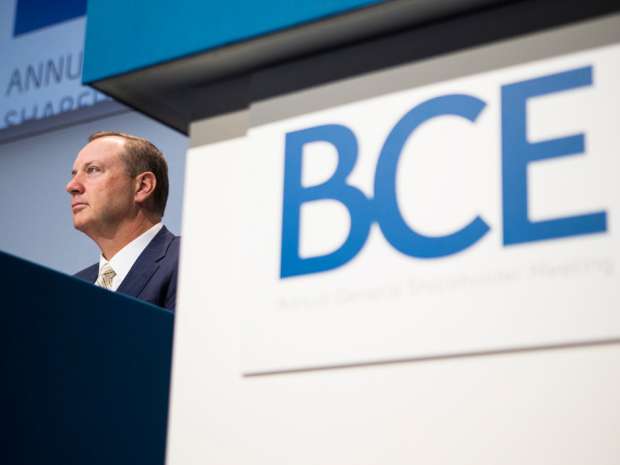Savita Subramanian, the Chief U.S. Equity Strategist at BofA Securities, has revised the firm's 2023E earnings per share (EPS) forecast to $215, up from the initial $200, on the back of a strong first quarter (1Q) which outperformed expectations by 5%. This uptick in forecast is attributed to Corporate America's resilience in sustaining margins, amidst possible economic headwinds in the second half of the year. "The potential for a recession in 2H could exert pressure on earnings recovery, but we anticipate the downside risk to be offset by cost-cutting measures adopted by companies," said Subramanian.
The strategist also mentioned that the foreign exchange (FX) movement will turn favorable, contributing about 2 percentage points to the growth in EPS. As such, they expect a modest contraction in EPS growth (-1% YoY) for 2023. She elaborated, "The trough for the year on a quarterly basis will likely be in 2Q (-8% YoY), with 3Q marking the trough on a trailing twelve-month basis (-4% peak-to-trough)."
Subramanian and her team have also set a $235 forecast for 2024E EPS, equating to a 9% YoY growth, following a contraction in 2023. "The forecast implies an 8% two-year growth, in line with the projected nominal GDP growth," stated Subramanian. She anticipates a stronger recovery in earnings, driven by increased corporate focus on efficiency and productivity, coupled with a weaker USD boosting EPS growth by about 1%.
The BofA Securities' strategist has warned that the 2024 consensus EPS at $246 may be overly optimistic. She reminded investors, "History shows that analysts' predictions typically start high. For example, of the eight instances since 2002 when double-digit YoY EPS growth was forecast for FY2, actual EPS exceeded expectations only once, in 2005." While better S&P returns are associated with EPS beating estimates, a positive return of 4.7% on average was still achieved when EPS missed the mark.
Looking to the future, Subramanian pointed out potential upside factors including capital expenditure (capex) cycles, fiscal stimulus, and productivity gains. Given the decade-long underinvestment in the U.S., she indicated that increased capex is inevitable. She also highlighted the momentum gained from re-shoring efforts and the significant impact of fiscal stimulus, particularly the bipartisan infrastructure bill, which proposes $550B in new spend over the next five years.
On the flip side, Subramanian voiced concerns about long-term risks of de-globalization and refinancing. "De-globalization is a major secular risk, as it was a key driver of margin improvements over the last 20 years," she warned. Additionally, she drew attention to the threat posed by a persistently high interest rate environment, especially for certain sectors, even though immediate refinancing risks are limited due to the predominance of long-term fixed debt.
Copyright © BofA Global Research















